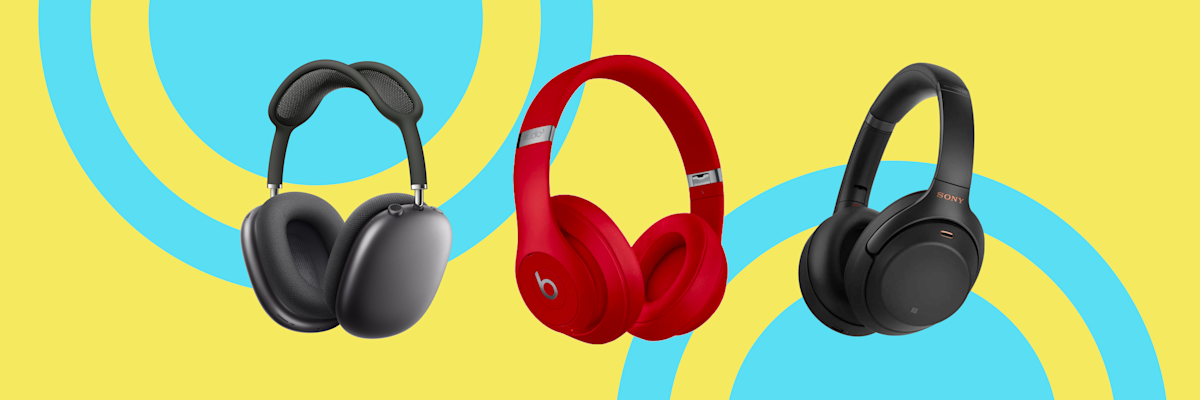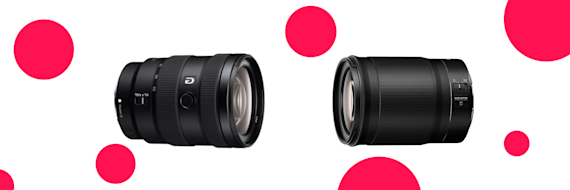12/07/2023
Whether it's musicians, regular commuters of a bustling public transport network or residents of busy downtown neighborhoods looking to get a good night’s sleep; noise canceling earphones offer a versatile solution to manage and improve the auditory experience for countless users across the world.
If you’re thinking about getting a pair of these for yourself, you may be wondering what the terms noise isolating and noise canceling actually mean and if any differences between the two ultimately matter. Today, we’re going to try and clear up one or two doubts regarding noise canceling earphones and provide you with a few handy tips to steer you in the right direction before making a decision.
PNC vs. ANC: What’s the difference?
Noise isolating and noise canceling headphones use passive and active technologies in order to minimize or eliminate unwanted ambient sounds. While noise isolating headphones work with Passive Noise Cancellation (PNC) technology, noise canceling headphones make use of Active Noise Cancellation (ANC) electronic components and microphones to block out noise.
PNC as a mechanism is relatively simple, relying on the physical design of the headphones to absorb or dampen sound waves. Many regular headphones already come equipped with built in noise isolating features, and modern technology makes it possible to enhance these capabilities by integrating dense insulating materials into the ear cups of your headphones. This is how noise isolating headphones are able to do what they do effectively.
The case of noise canceling ANC headphones such as the Apple AirPods Max or Sony WH-1000 XM5 Over-Ear Headphones is a touch more complex, and involves a system of built-in microphones which make it possible to pick up external sounds. The sound wave data is subsequently transmitted to an integrated chipset, which employs algorithms to generate a counteracting soundwave through the speakers. This process effectively nullifies incoming ambient noise.
Are noise canceling headphones bad for your ears?
As a general rule, noise canceling headphones are perfectly safe for your ears when used responsibly. It goes without saying that individual sensitivity varies, so it's important to choose reputable brands that prioritize safety and quality. Overall, responsible usage ensures that noise canceling headphones can provide a positive listening experience without posing significant risks to your ears.
Sleeping with noise canceling headphones
Sleeping with noise canceling headphones can offer a more peaceful sleep environment by reducing ambient disturbances, making them better suited to those sensitive to noise. With this being said, it's always important to consider comfort, as some old-fashioned over-ear headphones might feel a tad bulky or uncomfortable for some sleepers. As a general rule, people should look for earphones that have been designed with sleep in mind—ones that provide a snug fit and, if possible, can be used along with sleep-promoting apps. The Beats Studio³ Wireless Noise Canceling Headphones are a good example of this, and come with the added benefit of being compatible with both Apple and Android devices.

Is investing in noise canceling headphones worth it?
Choosing the right headphones largely depends on just how much noise you’re looking to cancel out. For example, over-ear headphones with closed-back designs create a seal around the ears, providing a high degree of passive noise reduction. This is great for people looking to get a good night’s sleep, but still want to hear the fire alarm if it goes off at 2am. Meanwhile, high-quality earbud style headphones with noise insulating technology are even more effective when it comes to blocking external noise as their shape allows them to literally seal the user’s ear canal. This feature makes them popular among musicians and audio professionals who are looking to achieve a more accurate listening experience; blocking out and insulating themselves from ambient noise entirely. To sum up, the widespread and practical applications of active and passive noise cancellation across various activities and industries are there for all to see, and deciding whether noise canceling technology is a worthwhile investment for you personally ultimately comes down to your own specific needs.
Ready to rent your listening upgrade?



